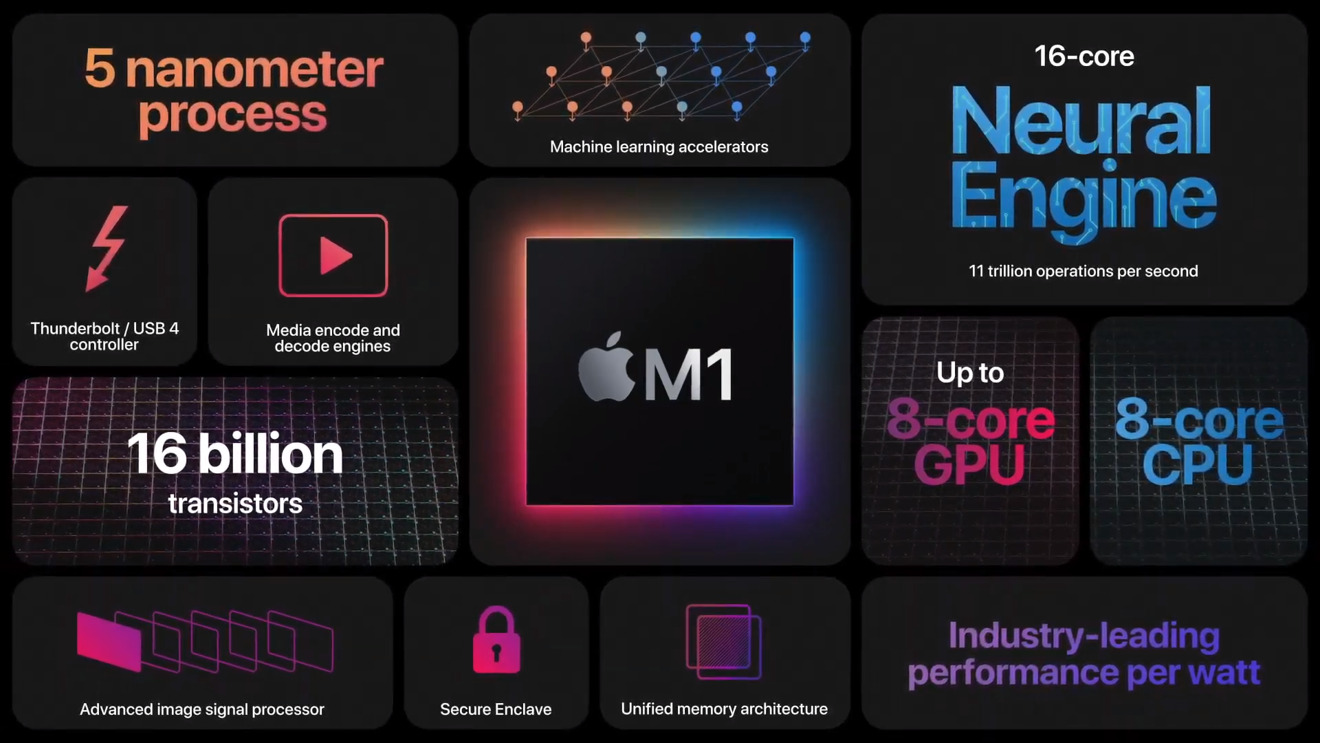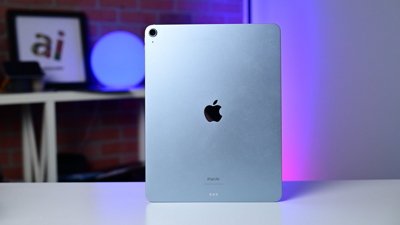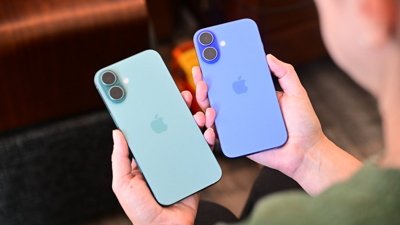Microsoft's app development software Visual Studio Code has been updated to run natively on Apple Silicon M1.
Microsoft's long-standing app development software, Visual Studio Code, has now been released a native M1 version that no longer requires Apple's Rosetta 2 to run.
"We are happy to announce our first release of stable Apple Silicon builds [with] this iteration," says Microsoft in a blog post about Visual Studio Code 1.54.1. "Users on Macs with M1 chips can now use VS Code without emulation with Rosetta, and will notice better performance and longer battery life when running VS Code."
Microsoft thanks "the community for self-hosting with the Insiders [test] build" and for how they were "reporting issues early in the iteration."
By default, downloading the macOS edition of Visual Studio Code gets a Universal version which contains both Intel and Apple Silicon code. However, Microsoft has also made available "architecture-specific builds for Intel or Apple Silicon, which are smaller downloads compared to the Universal package."
It's now three months since the first Apple Silicon Macs shipped, and eight since the Developer Transition Kit was released. Developers are steadily converting their apps to take advantage of the M1 processor, but there is still some considerable way to go.
 William Gallagher
William Gallagher








 Amber Neely
Amber Neely

 Christine McKee
Christine McKee
 Andrew Orr
Andrew Orr

 Sponsored Content
Sponsored Content










13 Comments
Seems good news even I am not much familiar with development.
I wonder how much work was involved - was it a case of Microsoft simply upgrading to Electron 11 or was there additional work that needed doing?
I’m sure this was a fairly small hurdle because of Electron already being ported. But it’s still a very good thing. I like VS Code and have it setup as my default text editor mostly because it’s available on all of the platforms I use, including Raspberry Pi OS (64-bit). There’s even a 32-bit port for older Linux distributions. Still waiting for an iOS port.
VSCode isn't "
Basically, Javascript is replacing Java for a ton of client (Angular and Express) and server (node.js) for a bunch of applications ... the MEAN stack is now supplanting the LAMP stack - the rage 10 to 15 years ago - for ecommerce sites. (C/C++ was never widely used for web servers and applications, though it is very possible to do so, and Microsoft has made some attempts to push it with their IIS web servers.) And then you have Python and R used for data science. Microsoft was losing a huge chunk of the next generation of programmers, so they created and open-sourced VS Code to get them back. Fortunately for them VS Code is excellent software so that plus the Microsoft name worked like a charm: it is the de facto standard. Including for people who are now using it for Java and C++ instead of Visual Studio.